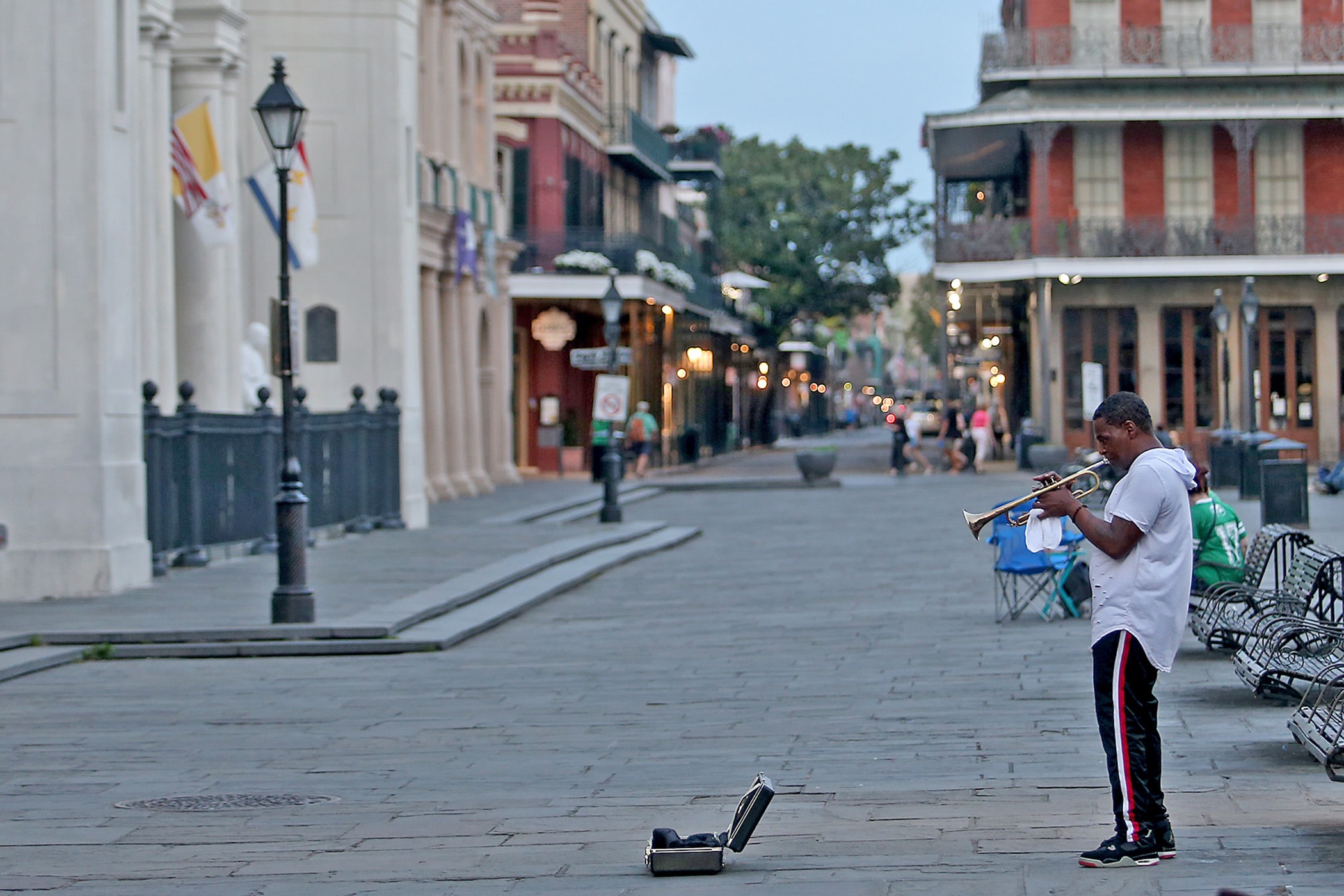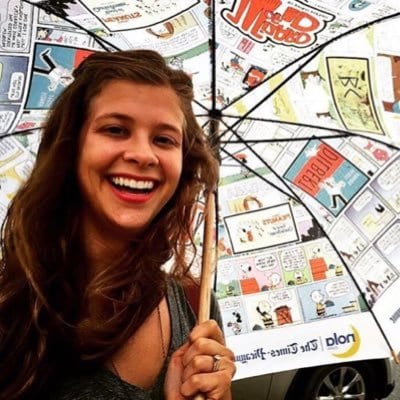In a span of five minutes Tuesday afternoon, New Orleans singer-songwriter Sarah Quintana had strangers buy one of her albums off CDBaby, book voice lessons through Facebook and Instagram and even just Venmo her cash directly.
It was a stark contrast to when, just days ago, as the social lockdowns prompted by the outbreak of the coronavirus pandemic came crashing down on south Louisiana’s festival season, Quintana saw a string of cancelations that resulted in two months’ worth of income drying up in the span of just 24 hours. Gone was her regular brunch gig at Emeril’s Delmonico, a teaching project she’d spent two years planning and even an entire tour with Michael Doucet in support of a new album.
“I’m in a state of being really grateful for the way people are remembering and thinking how (the virus’ impacts will) affect artists,” she said. “The scope of people thinking, ‘What can I do to help?’ is a visceral, tangible thing, and it’s just as real to me as the fear and panic-buying in the grocery store.”
“We’re all living on a prayer”
The effective shutdown of New Orleans’ vast hospitality, tourism and artist industries crystallized over a matter of days as political leaders chopped away at the ways in which we spend time with each other to keep from spreading the virus and, thus, overloading the health care system. The immediate result, however, has also been the utter annihilation of how local musicians make their livings.
View this post on Instagram
“We’re all living on a prayer,” Quintana laughed. “And musicians live on a prayer anyway.”
The lack of dependability is one of the reasons local rapper Dee-1 speaks candidly about financial literacy. After going viral in 2016 for his ode to paying off his student loans, Dee-1 made it a priority to maintain his savings and separate his wants from his needs, he said. Still, that doesn’t totally take the sting out of learning he, too, lost an entire tour to coronavirus cancelations. In total, Dee-1 has had 17 shows cancel as of the morning of March 17.
View this post on Instagram
“I found the word out 24 hours before the tour starts, so of course that’s tough,” he said. “You don’t get a salary for being a rapper. Being an entertainer doesn’t come with a salary or retirement plan, so it’s extra important that we’re smart with how we manage our finances.”
“We’re focusing it culturally around getting people to stay home”
Many local artists in New Orleans have turned to streaming to get the word out about their personal situations, sharing details like Venmo or CashApp accounts, while offering shows on live-streaming services. It’s why Boycott Bowl promoter Travis Laurendine partnered with local music manager Reid Martin — plus some software developer friends — to create Sofa King Fest. Within days, Laurendine said, they’ll have a platform capable of serving as a kind of TV guide for artists streaming their music. Thanks to their connections and an open form on the event’s website, the team already has submissions from artists like Melissa Etheridge, Big Freedia and everyone on Ropeadope Records.
The artists who sign up, Laurendine said, can submit links for the ways they prefer to earn money, from direct payment to merchandise pages, and Sofa King will serve only as a link provider and not a financial middleman.
“We’re focusing it culturally around getting people to stay home and be happy with that and hopefully the virus will pass sooner because of it,” Laurendine said.
Ultimately, the one thing local musicians are rich in right now? Time. And Both Quintana and Dee-1 hope to use theirs wisely.
“I plan on going on a creative endeavor like never before,” Dee-1 said. The first project was “Corona Clap,” a current events take on Juvenile’s New Orleans classic “Nolia Clap,” after Mayor LaToya Cantrell reached out and asked if Dee-1 could speak to his audience about the social directives around the coronavirus.
“If I’m able to reach people through my platform and my voice and my unique style, I would love to,” Dee-1 said.
Quintana, too, plans to spend the unexpected time creating her own music.
“We’re so close in the way we’re able to use (this) as something that will bring us together and help us be connected and creative and thriving in ways we didn’t know we could,” Quintana said. “We’re so socially connected as a city, so (the virus) is widespreading so fast here, but it’s also why we’re going to get through it.”







